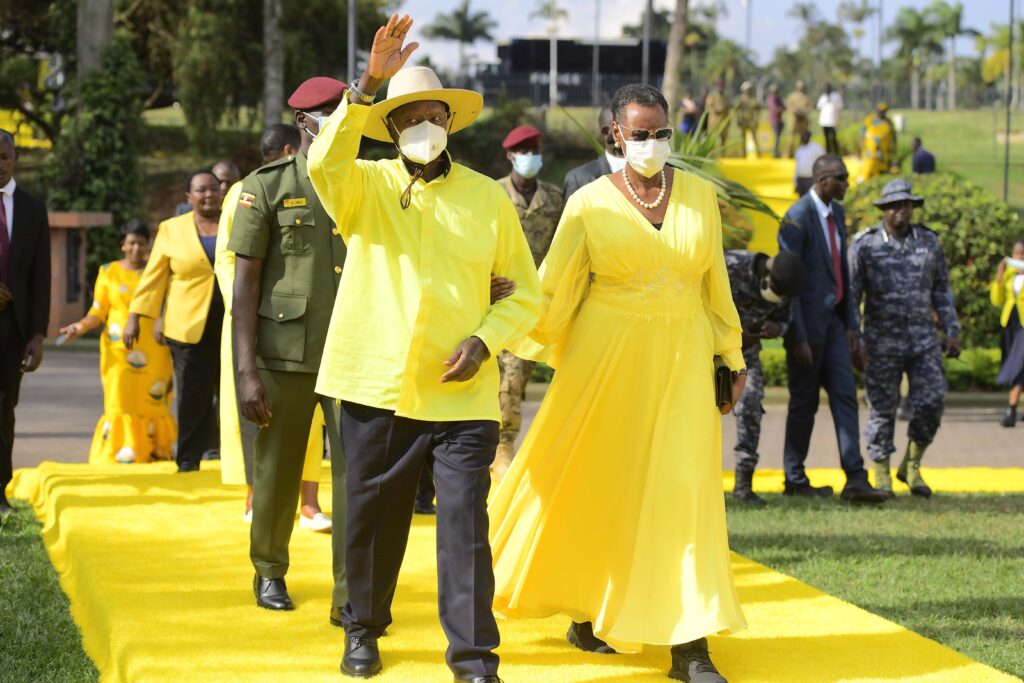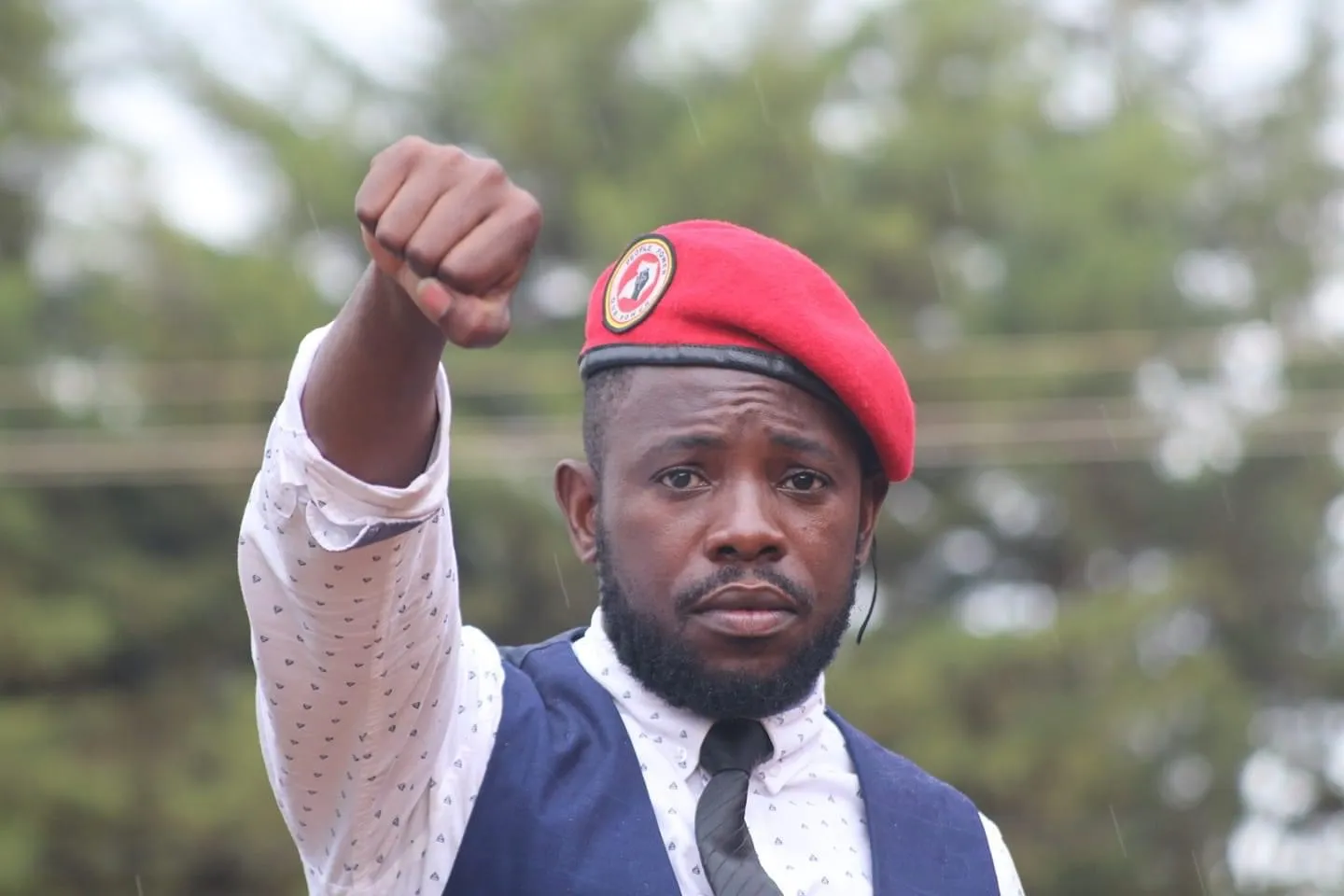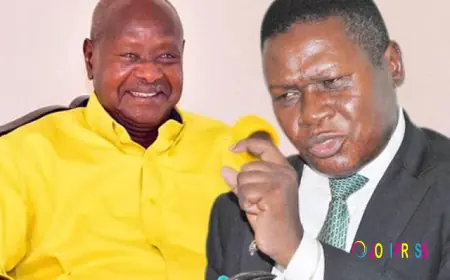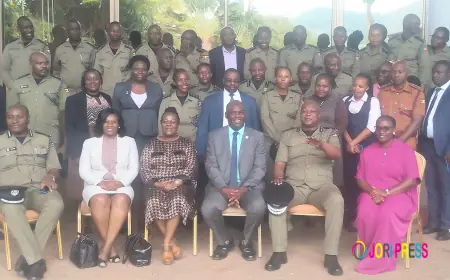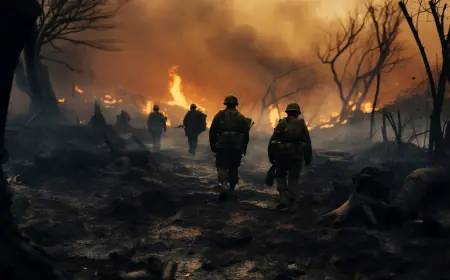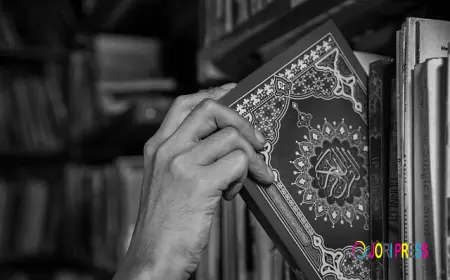Jamilu Mukulu’s justice on hold: 11 years, no trial


For a decade, Jamilu Alilabaki Kyagulanyi, better known as Jamilu Mukulu, the alleged commander of the rebel Allied Democratic Forces (ADF), has sat in a Ugandan prison without trial.
This week, as he was ushered into a heavily guarded courtroom alongside dozens of co-accused, his lawyers denounced the long wait as nothing short of a national disgrace. “The accused have been on remand for over a decade without trial,” said lead defense lawyer Caleb Alaka, his voice rising in frustration.
“This delay offends their right to a fair and speedy hearing as guaranteed by the Constitution. The prosecution is abusing due process.”
A crowded courtroom, a familiar delay
On Monday, Mukulu and 37 co-accused appeared before four justices of the International Crimes division of the High court, their first hearing since their arrests in 2015. Security was tight, the courtroom packed.
The panel, led by Justice Dr Andrew Bashaija, included Justice Michael Elubu, Lady Justice Susan Okalany, and Justice Steven Mubiru. Before opening proceedings, the judges met privately with both sides.
When the hearing began, the state quickly acknowledged it was not ready. Assistant Director of Public Prosecutions Thomas Jatiko told the court that several key witnesses, many based outside Kampala, could not be produced in time.
He also noted that the indictment needed revision to account for 31 accused present in court; seven others have already been convicted. The prosecution requested a two-week adjournment. Defense lawyers bristled.
Alaka urged the court to dismiss the case outright. “Other cases, such as that of former LRA commander Thomas Kwoyelo, proceeded during Covid,” he argued.
“To keep these men in limbo for 11 years is inexcusable.” Other defense attorneys joined the chorus. Patrick Kasumba accused prosecutors of dragging their feet even after securing convictions over a year ago.
“The state has not shown serious- ness in tracing witnesses,” he said. His colleague, Sylvia Namawejje, was blunter: “We feel embarrassed to represent clients who have been on remand for 11 years. This case has gone into Uganda’s legal history as one of the longest without conclusion. It should be dismissed to prevent further violations.”
Yet not everyone in court wanted the matter thrown out. Victims’ lawyer Sarah Awello pleaded with the justices to let the trial finally begin.
“The only way victims can get justice is if the trial starts,” she said. “Some witnesses are actually based in Kampala; so, it is possible for the state to present them.”
Court sets a new date
After hours of argument, the judges ruled that the case must proceed. They directed that the long-delayed trial begin on October 1, 2025, nearly 11 years after the first arrests. Both prosecution and defense were ordered to harmonize their evidence ahead of that date.
Prosecutors said they intend to call 55 witnesses. The bench was clear: the matter should be heard on its merits, not dismissed on technical grounds. Beyond legal wrangling, defense lawyers also raised alarm over Mukulu’s treatment in prison.
Kasumba alleged that his client is kept in solitary confinement, denied food from his fam- ily, forced to buy overpriced goods in prison shops, and left exposed to insects. Justice Elubu advised the defense to take the complaints to the Uganda Human Rights Commission, which could investigate and report back.
Mukulu and his co-accused face a litany of charges, including terrorism, murder and attempted murder, stemming from a series of deadly attacks.
Among them: the killings of Muslim clerics Sheikh Yunus Abubaker Mandanga and Dr Abdul Qadir Muwaya, the 2014 raid on Bugiri police station that left two officers dead, and even the notorious 1998 attack on Kichwamba Technical Institute, where more than 80 students were killed.
Once one of the most feared rebel commanders in the region, Mukulu was arrested in Tanzania in 2015 and extradited to Uganda, a move he fought unsuccessfully.
A reckoning for justice
For the families of victims, justice has been delayed for years. For the accused, it has been justice denied. Eleven years on remand is longer than many criminal sentences, and human rights advocates warn that the case has become a troubling symbol of Uganda’s slow and uneven justice system.
Whether the October 2025 date finally delivers closure remains to be seen. But in Kampala this week, one fact was clear: time has already exacted its own verdict.
What's Your Reaction?
 Like
0
Like
0
 Dislike
0
Dislike
0
 Love
0
Love
0
 Funny
0
Funny
0
 Angry
0
Angry
0
 Sad
0
Sad
0
 Wow
0
Wow
0
